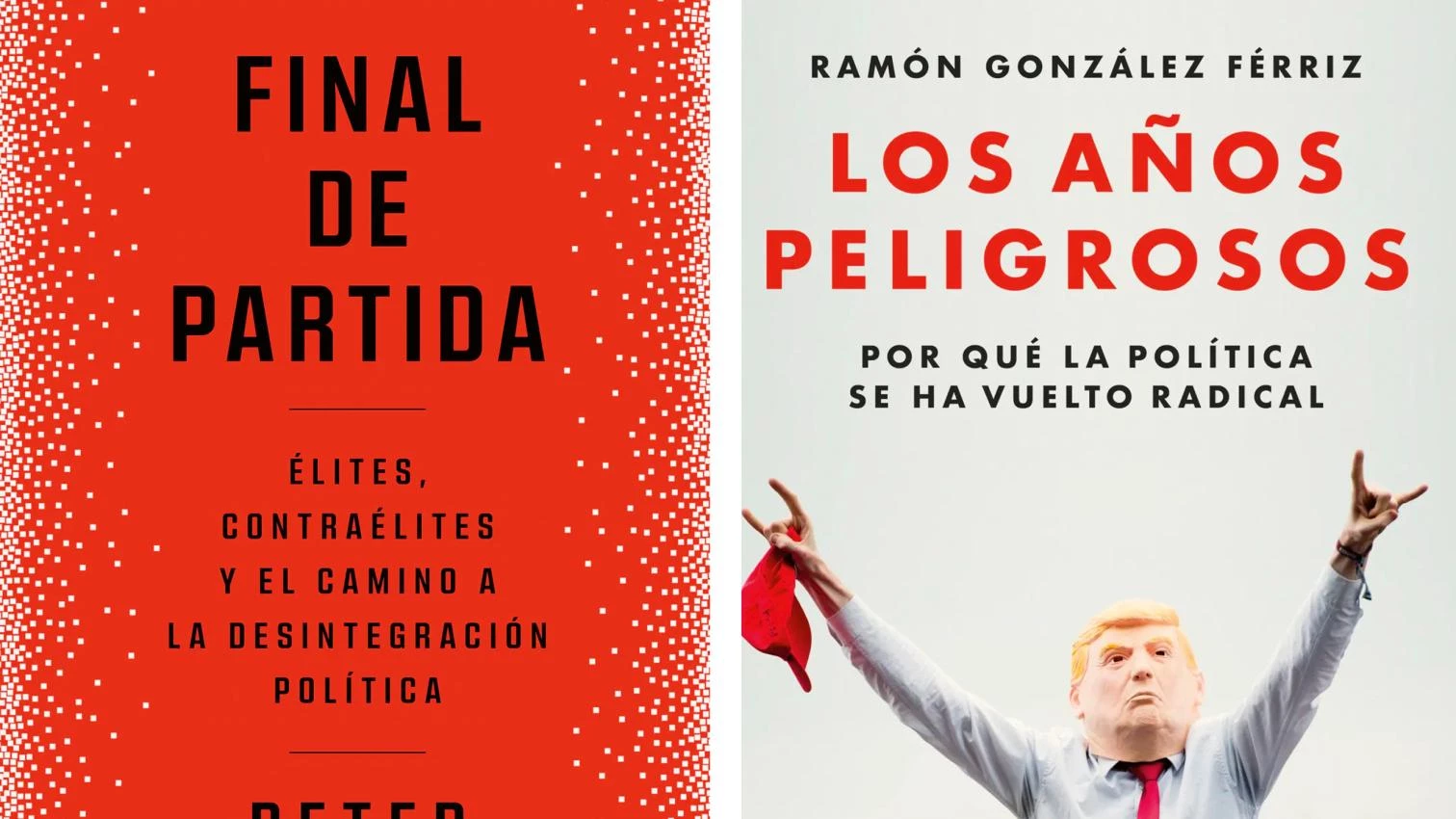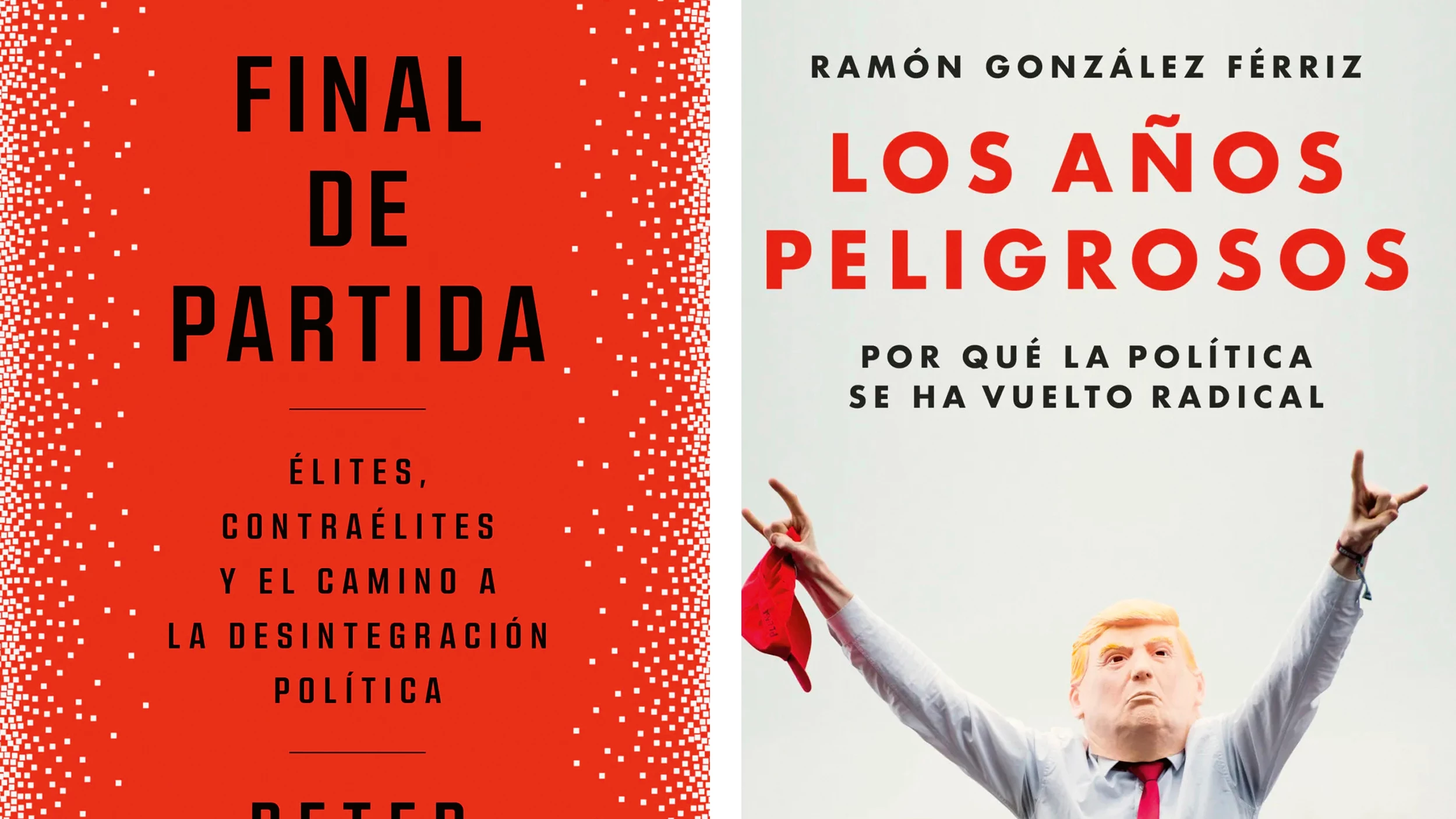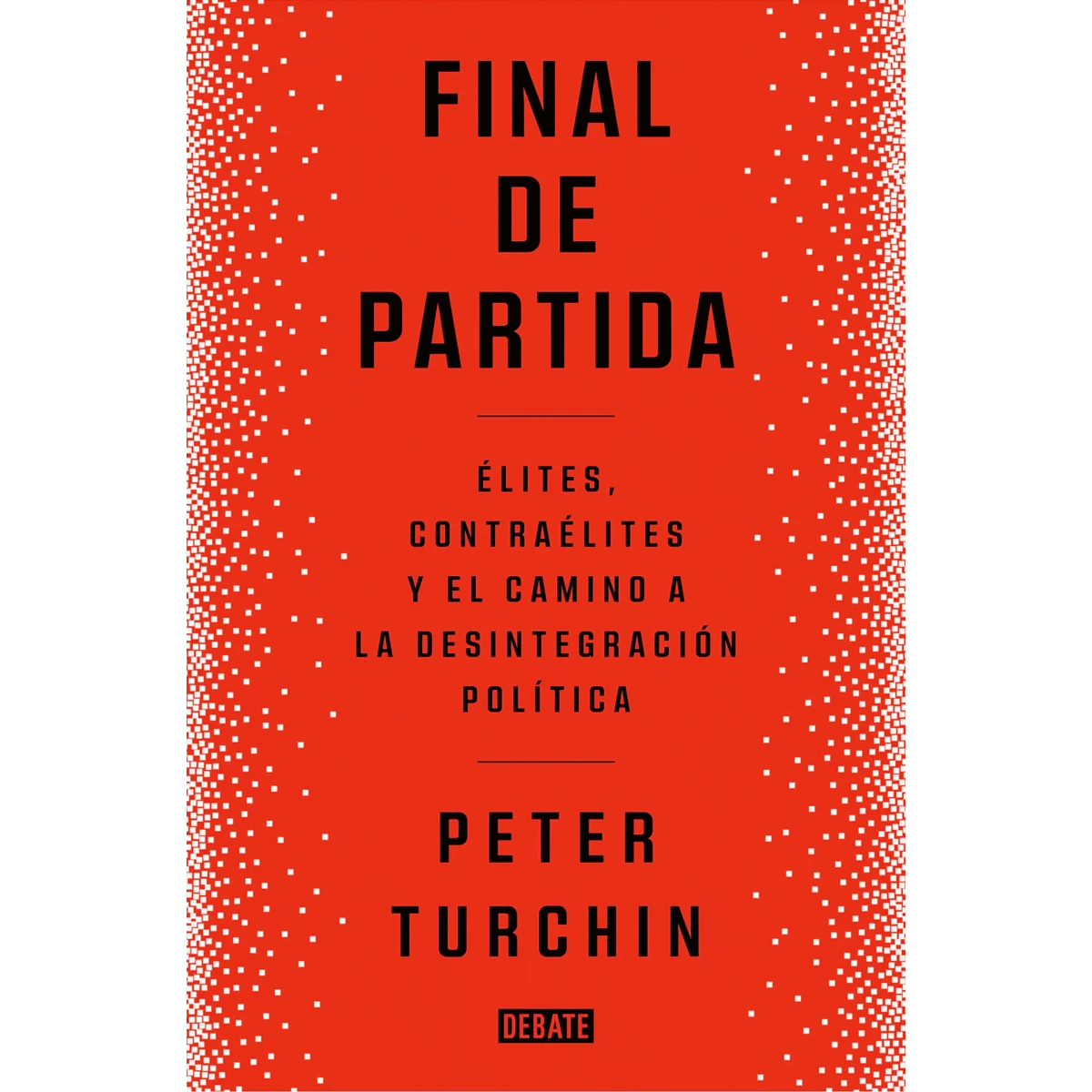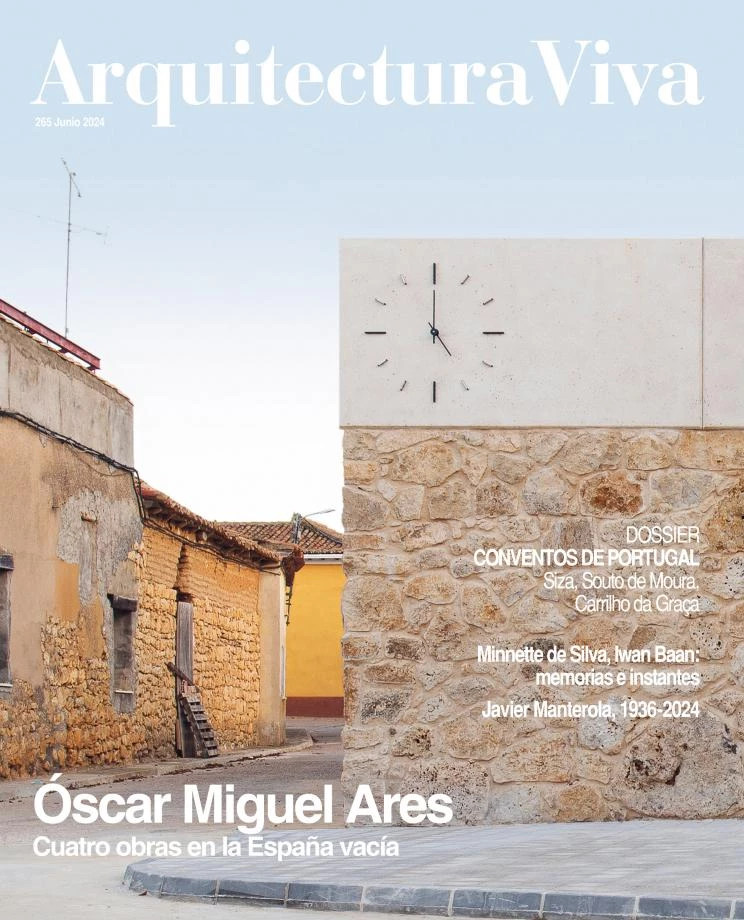
Arnold Toynbee famously said that “history is not just one damned thing after another,” and Peter Turchin has set out to try out the British historian’s intuition through a colossal data base from which to deduce patterns of development of social organizations, as well as factors that trigger crises. Trained as an ecologist in population dynamics, he extended his work with computer models and macrodata to human societies past and present, detecting recurring regularities out of which to formulate statistical predictions of the political integration and disintegration of states, and starting with his colleagues a new scientific field they call ‘cliodynamics,’ after the Greek muse of history. In his model, the two factors that bring about social collapse are the pauperization of the masses – through a ‘wealth pump’ that transfers resources to dominant minorities – and the overproduction of elites, which multiply and cause internal conflicts, something he illustrates with numerous historical examples, but which above all he uses to analyze “our current age of discord, with the United States as empirical focus.”
Russian by birth and American by training, Turchin is an Emeritus Professor at the University of Connecticut, a research associate at Oxford, and a project leader at the Complexity Science Hub Vienna, academic institutions from which he carries out a rigorous scientific project that puts history under new light. His detailed description of the United States as a plutocracy is convincing, as is his analysis of Egypt as a militocracy or China as a bureaucracy, continuities in time that he expands into a masterly presentation of the post-Soviet Slavic states, Russia, Belarus, and Ukraine, where again his interpretative patterns warn of risks and invite predictions. But the primary concern of him who already in 2010 foresaw the rise of Trump is the future of democracy in the US and the world, threatened by plutocratic elites and shaken by populist leaders of opinion like the strategist Steve Bannon in his day and the journalist Tucker Carlson now.
Released last year, Turchin’s essential work, End Times, was published in Spanish as Final de partida, this past January, by Debate, which that same month launched Los años peligrosos, an incisive analysis of the current political radicalization by the editor and journalist Ramón González Férriz, who situates in the simultaneous emergence of the Tea Party in the US and the 15-M antiausterity movement in Spain, fifteen years ago, the start of a process of polarization that has all but liquidated Europe’s tempered ordoliberalism, transforming the market of ideas, intensifying identitarian politics, and cornering those who, like him, consider themselves centrist liberals, in the process engendering a world he presages as more authoritarian and less free than today’s. His narrative of the evolution of woke culture and reactionary nationalism combines the ascent of popular indignation with that of new elites, and in this he follows the theses of Turchin, whose work he nonetheless mentions with some caution. But it is indeed a good idea to read both books at once, because the historical perspective of one complements the contemporary approach of the other, in a vertiginous zoom towards the present that is as intellectually lucid as politically menacing.








